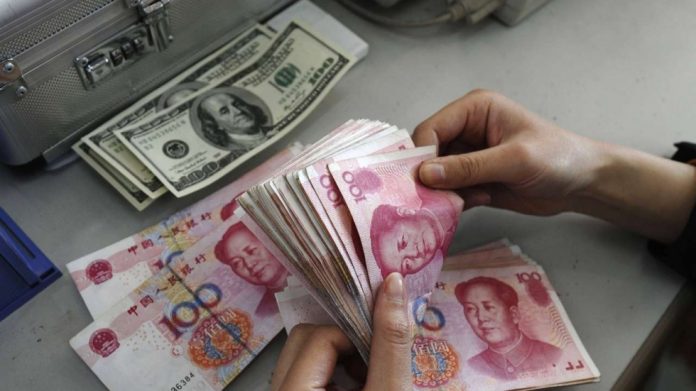The foreign exchange reserves held by the central bank increased 3 per cent on a weekly basis, according to data released by the State Bank of Pakistan (SBP) on Thursday.
On January 31, the foreign currency reserves held by the SBP were recorded at $12,273.7 million, up $359 million compared with $11,915.2 million in the previous week. The central bank cited no reason for the increase in reserves.
Overall, liquid foreign currency reserves held by the country, including net reserves held by banks other than the SBP, stood at $18,644.5 million. Net reserves held by banks amounted to $6,370.8 million.
Pakistan received the first loan tranche of $991.4 million from the International Monetary Fund (IMF) on July 9 last year, which helped bolster the reserves. In late December, the IMF released the second loan tranche of around $454 million.
Previously, the reserves had jumped on account of $2.5 billion in inflows from China.
About two months ago, the SBP successfully made a foreign debt repayment of over $1 billion on the maturity of Sukuk.
In December 2019, the foreign exchange reserves surpassed the $10-billion mark owing to inflows from multilateral lenders including $1.3 billion from the Asian Development Bank (ADB).
Foreign investment of over $2 billion in the debt market also played an important role in the growing foreign currency reserves.
Earlier, the reserves had spiralled downwards, falling below the $7-billion mark, which raised concern over Pakistan’s ability to meet its financing requirements. However, financial assistance from the United Arab Emirates (UAE), Saudi Arabia and other friendly nations helped shore up the foreign exchange reserves.
Over time, the declining reserves forced the central bank to let the rupee depreciate massively, sparking concern about the country’s ability to finance a hefty import bill as well as meet debt obligations in coming months.




